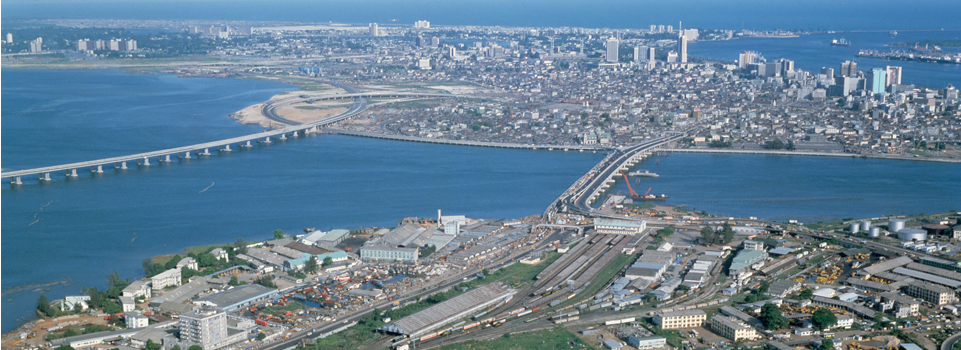The African Development Bank (AfDB) a.k.a Banque Africaine de Développement (BAD) has announced plans to increase its loans to Nigeria by over $2 billion next year in investments related to the energy, infrastructure and agriculture sectors, its President Akinwumi Adesina said.
BAD was founded in 1962 to fight poverty and improve living conditions on the continent through promoting the investment of public and private capital in projects and programs that are likely to contribute to the economic and social development of the region plans to pump more than $800 million into Nigeria this year. Its President has stated in Abuja at an interview on the 18th of January:
“The total portfolio we have in Nigeria is $6 billion,” we expect that by the year 2019, we will grow that into a little bit over $8 billion.”
“Most of he funds will be used to fuel investments in power. Including a $250 million plan to revamp power-transmission lines and electricity sub-stations as well as fund a $200 million solar-power project in Jigawa state in the north. The $400 million balance from a $1 billion loan for budget support will be disbursed directly to industries identified by the government after projects have been vetted by the bank” he said.
Nigeria with a population of over 180 million people, is recovering from its worst bust cycle in the last 2 decades. The budgets will also receive support and public financial management from the bank.
BAD has forecasted Nigeria’s economy will increase by 2.1 percent this year as supply issues and inflation issues, its main export, settle. two-thirds of government revenue and most of Nigeria’s foreign income comes from crude oil.
Brent crude, has gained 26 percent in the past year, helping the recovery. It traded at $69.87 a barrel as of 5:03 p.m. in London.
“Because of Nigeria’s dependence on oil revenues, price dips can really affect the economy. As prices gradually stabilize,
Nigeria will need to invest in infrastructure and boost funding to non-oil industries, which account for about 90 percent of gross domestic product, Adesina said.
“Oil only accounts for a small fraction of GDP so the key is to fund the non-oil sector,” Adesina said.
concerning the agriculture sector BAD plans to help set up “staple crop processing zones” and “create agribusiness clusters across the country to curb harvest losses of as much as 70 percent for some crops.
These zones will change our rural economy. You will be able to create markets for farmers and reduce massive post-harvest losses. You will change the structure of agriculture itself because people will see it as a business as opposed to a subsistence activity.”

